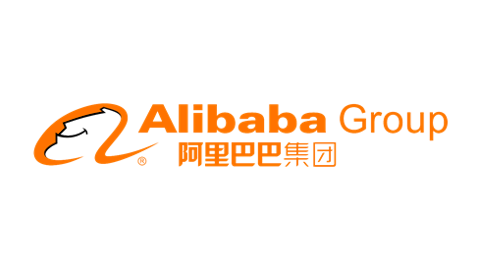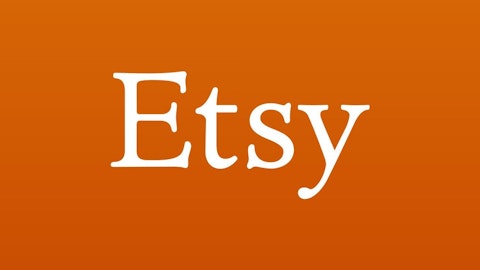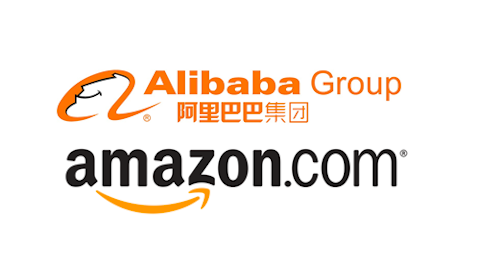Billionaire Chase Coleman‘s Tiger Global Management disclosed an equity portfolio valued at some $8.5 billion as of the end of 2014. His hedge fund, Tiger Global (it is managed by Feroz Dewan), gained 17% net of fees in 2014. The equity portfolio is mainly invested in Technology (42.2%), Consumer Discretionary (34.3%) and Industrials (18.8%) stocks. Tiger Global Management’s last 13F filing showed that the fund raised its exposure towards consumer staples and financials stocks, but Mr. Coleman reduced his holdings in the health care and industrials sector. Among 10 largest holdings from Tiger Global Management’s equity portfolio (which amass 55.58% of the total portfolio value), several companies represent long-term bets. Among these companies are Twenty-First Century Fox Inc (NASDAQ:FOXA), Mastercard Inc (NYSE:MA) and TransDigm Group Incorporated (NYSE:TDG).

In this article we will look into Chase Coleman’s top three positions held throughout 2014. These companies are large-cap stocks, which is obvious to see why, since the majority of most popular stocks among the hedge funds that we track are represented by large-cap companies. However, mimicking the activity of these funds by investing in their large-cap picks is not the best strategy for retail investors, since our tests of a portfolio consisting of 50 most popular picks among hedge funds underperformed the market by 7.0 basis points per month between 1999 and 2012. On the other hand small-cap picks have a better chance of helping an investor to beat the market, since our small-cap strategy returned 132% since the end of August 2012 until March 2015.
Before we look at the companies in which Tiger Global held publicly-disclosed stakes for at least a year, we should mention Alibaba Group Holding Ltd (NYSE:BABA). Even though, the fund disclosed a long position in the company only in its latest 13F filing, Mr. Coleman held shares of Alibaba before the company went public. According to previous reports, Tiger Global bought around $199 million worth of Alibaba shares from a Chinese video game company Giant Interactive Group in early 2014. At the end of 2014, Tiger Global held 5.82 million shares of Alibaba Group Holding Ltd (NYSE:BABA), the value of the stake amounting to $604.48 million. The position represented 7.13% of the fund’s equity portfolio and was the third largest in terms of value. Since going public at the end of September, Alibaba Group Holding Ltd (NYSE:BABA) sparked the attention of a lot of big investors, among which are George Soros, Dan Loeb, Andreas Halvorsen, John Paulson, and others. The largest shareholder of Alibaba Group Holding Ltd (NYSE:BABA) among the funds that we track is Dan Loeb’s Third Point that owns 10.0 million shares as of the end of 2014.
At the end of 2014, Twenty-First Century Fox Inc (NASDAQ:FOXA) represented the largest holding in terms of value. Tiger Global Management holds 16.8 million shares of the company valued at slightly above $645.4 billion. The fund initiated a position with 15.93 million shares during the third quarter of 2013 and then added and reduced the stake to 16.8 million shares at the end of the fourth quarter of 2014.
Twenty-First Century Fox Inc (NASDAQ:FOXA) has posted results for its second-quarter of fiscal 2015, ended December 31, 2014. Revenue slightly decreased by 1.33% in the second quarter when compared to the previous quarter. Net revenue for the recent period fell to $8.06 billion, from $8.16 billion last year. Along with this, earnings per share (EPS) have significantly increased in the second quarter of 2014 from the same quarter one year prior, to $2.89 from $0.43. Last year, Twenty-First Century Fox Inc (NASDAQ:FOXA) made an offer to buy rival Time Warner Inc (NYSE:TWX), but the former rebuffed the offer and the deal was abandoned. Twenty-First Century Fox has plenty of room to expand in markets abroad; the firm has a large international cable channel segment. Further, there exists the possibility to penetrate and expand in emerging markets over the near future.




